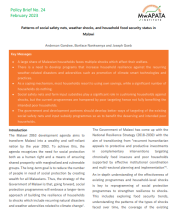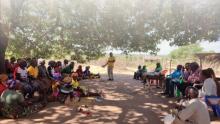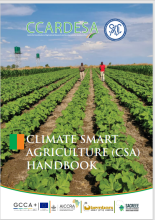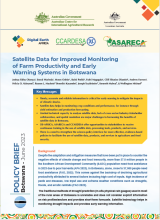There are rich communities of beneficial insects, spiders, and diseases that attack insect pests of rice. The beneficial species often control insect pests, especially in places where use of broad-spectrum pesticides is avoided. Without these beneficial species the insect pests would multiply so quickly that they would completely consume the rice crop.
Pests have high reproductive capacities to offset the naturally high mortality that they face in nature. For example, a brown planthopper female produces many offspring, but because of the action of predators, parasites, and diseases, only about 1 or 2 will survive after one generation. It is not unusual for 98-99% mortality to occur; otherwise, a pest population explosion can be expected.
Natural enemies also have enemies of their own. Parasites and predators each have predators, parasites, and pathogens. Most predators are cannibalistic, a behavior which ensures that, in the absence of prey, some will survive.
The natural balance between insect pests and their natural enemies is often disrupted by indiscriminate use of chemical insecticides. Although insecticides are needed in some cases, they must be used judiciously to save these vulnerable natural control agents.
B.M. Shepard, A.T. Barrion, J.A. Litsinger. International Rice Research Institute (IRRI). Friends of the Rice Farmer- Helpful Insects, Spiders and Pathogens, 1987. Los Baños, Laguna, Philippines.

























































